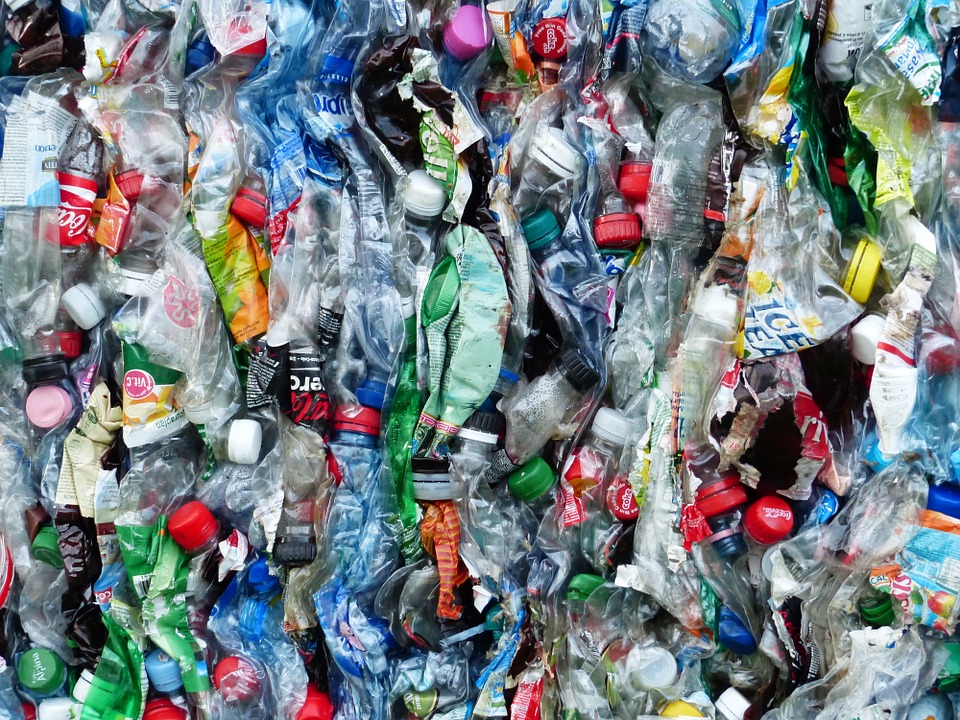New research suggests 55 per cent of the world’s discarded single-use plastics is produced by just 20 firms that heavily rely on virgin fossil fuels and no recycled materials to make polymers.
The Plastic Waste Makers Index, published by Australia-based philanthropic Minderoo Foundation, has revealed that 20 energy and chemical giants, including ExxonMobil, Dow and Sinopec, contribute to 55 per cent of the world’s single-use plastics.
The study examined 1,000 factories that produce the raw materials needed to make single-use plastics and for the first time discovered which companies in the supply-chain are responsible for the heavy environmental impact.
The report highlights plastic is a major component in tackling the climate crisis. Microplastics have been identified as ‘the litter that never goes away’ – durable enough to cycle from land, to sea, to air, and back again. Microplastics can be found in road dust, atmospheric sea spray, and even agricultural soil dust.
Single-use plastics make up a third of all plastic manufactured each year. An estimated 130 million tonnes of plastics are thrown away every year.
Nearly 98 per cent of single-use plastics – such as bags, bottles, straws, and disposable face masks – are made from virgin fossil fuels and are created without any recycled materials.
Only nine per cent of all plastic is recycled while the rest is buried, burnt, or dumped into our environment. As a result, it is almost impossible to not find plastic, even at the bottom of the ocean.
Moreover, the study also discovered which countries generates the most single-use plastics waste, the UK coming fourth, with over 40kg of plastic waste generated per person a year, behind Australia and the United States.
Similarly, a recent report found incinerating plastic to generate energy increases air pollution as much as burning coal. Crude oil and carbon make up plastics, and when burned release into the atmosphere.
If growth in single-use plastics production continues at the current rate, it could account for up to 10 per cent of the world’s greenhouse gas emissions by 2050.




